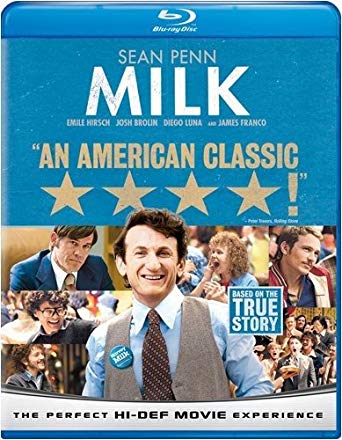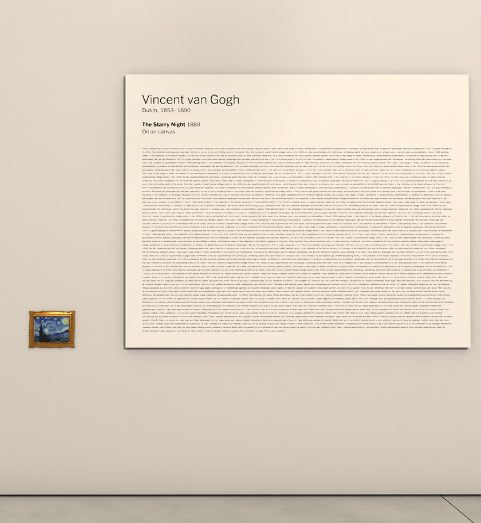10th Anniversary: Milk (2008) is Aging Beautifully
 Thursday, November 29, 2018 at 5:00PM
Thursday, November 29, 2018 at 5:00PM by Eric Blume
 This month marked the tenth anniversary of the release of Gus Van Sant’s semi-biopic Milk, chronicling the last eight years of the life of gay politician Harvey Milk. If you’ve never seen Milk, get ye post haste to it, if for no other reason than to be fully immersed in this crucial window of history. If you saw Milk when it was released a decade ago and haven’t seen it since (which was true for me), watch it again: it’s aging beautifully.
This month marked the tenth anniversary of the release of Gus Van Sant’s semi-biopic Milk, chronicling the last eight years of the life of gay politician Harvey Milk. If you’ve never seen Milk, get ye post haste to it, if for no other reason than to be fully immersed in this crucial window of history. If you saw Milk when it was released a decade ago and haven’t seen it since (which was true for me), watch it again: it’s aging beautifully.
Olympic diver Tom Daley’s husband, Dustin Lance Black, won the Oscar for Best Original Screenplay for this movie, and the trophy was richly deserved. Black not only manages to avoid almost every biopic cliché, he captures the beginning of the gay rights movement with precision, pain, and most importantly, humor. Black’s script starts when Harvey Milk turns forty, had been mostly closeted, and was not politically aware. He chronicles his consciousness-raising without a hint of clumsiness or fake nobility. And while Black keeps his focus squarely on Milk, his real achievement is in casting a wider net: he gives Milk’s real-life contemporaries a vivid presence, and shows us a full community within the Castro neighborhood in San Francisco. This script manages to be both macro and micro, and throughout you can see Black’s gigantic heart and passion for this story...





